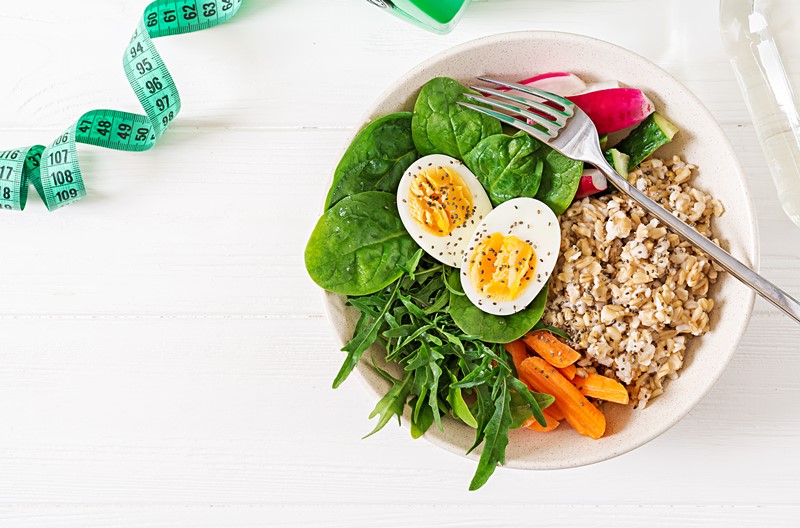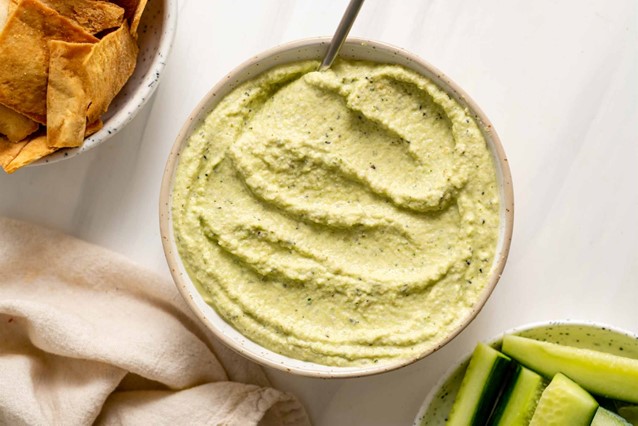In the first post in this series, we explain the first step in building muscle, which is calculating your caloric surplus – up and beyond your daily maintenance caloric intake level – that’s necessary for you to gain muscle at the rate that you want. In this article, we take things further, and break down the specific macronutrients that you’ll need to consume in order to optimize muscle building. We’ll cover protein and fats in this article, and save carbs for a subsequent post.
As a reminder, our baseline example used is someone who needs 2,500 calories a day to gain muscle at the rate that they’ve targeted.
Since muscle building is the goal, and protein is the essential nutrient needed for the task at hand, let’s shine a light on protein first.
1.Your target protein intake is based on your body’s mass weight excluding fat. This number isn’t always easy to accurately determine, but a workaround to calculating protein is your goal body weight multiplied by 0.8 to 1.0; this will give you your target protein intake number in grams.
There may be occasions when you may want to exceed your protein intake number. For example, if you find that you are gaining weight too quickly and are constantly hungry, upping your protein intake can help as protein makes you feel fuller longer.
2. After protein, let’s look at your ideal fat intake. If step one above determined that you need 100 grams per day of protein, this would be equal to 400 calories of your total caloric intake is necessary to meet your protein quota (I gram of protein = 4 calories). That means that, in our example of someone who needs 2500 calories per day, you would have 2100 calories remaining for fat and carbs.
A good fat range in your diet is between 30% to 40% of your total caloric intake. Therefore, using our 2500 caloric intake model, 30% of caloric intake would equal 750 calories from fat (using the formula 750/9, this means 83 grams of fat per day), whereas 40% would equal 1000 calories from fat (using the formula 1000/9; this means 111 grams of fat per day).
So, thus far, the breakdown necessary to optimize muscle building is :
Protein : 100 grams per day
Fat : between 83 to 111 grams per day
DietSensor is a mobile application (iPhone version) which helps you (in Premium Formula) to ensure that you divide the macronutrients intake over each meal and snacks (up to 6 per day), and finally helps you to track them at every meal by dictating your meal.
Find out more in the third article which focuses on carbohydrates




